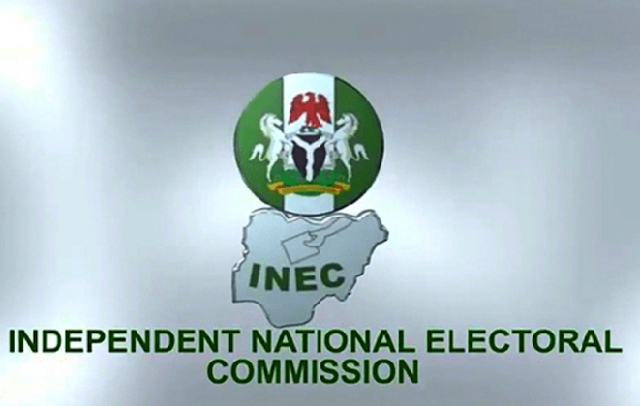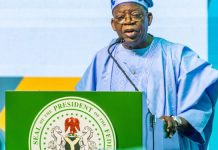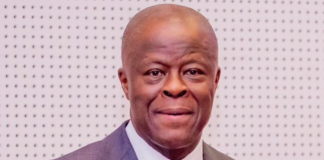The Independent National Electoral Commission (INEC) has said that it is closely monitoring pre-election litigations from the courts and vowed to obey all genuine court orders.
In a statement issued by INEC’s National Commissioner and Chairman of Voters Information and Education, Mr. Festus Okoye, the electoral body said: “the commission is closely monitoring the cases arising from the administration of political parties, the conduct of primaries and nomination of candidates. This notwithstanding, the commission restates its avowed commitment to continue to obey all orders and judgments from properly constituted courts in accordance with the rule of law.
The clarification came against the backdrop of the intra-party legal battles in both the ruling All Progressives Congress (APC) and the Peoples Democratic Party (PDP) and the attendant conflicting court orders arising from the multiple cases filed by the contending forces.
According to Okoye, “political parties should note that the organisation and scheduling of various activities and processes leading to the conduct of elections are complex and involve extensive and careful planning and any disruption of these processes comes at a huge cost to the nation.
“The spate and tenor of pre-election litigations and the conflicting orders emanating therefrom can harm the smooth conduct of primaries and the upcoming elections.
“The commission is closely monitoring the cases arising from the administration of political parties, the conduct of primaries and nomination of candidates. This notwithstanding, the commission restates its avowed commitment to continue to obey all orders and judgments from properly constituted courts in accordance with the rule of law.”
However, a source in INEC, while responding to THISDAY inquiry on how the commission will determine which court order is valid or not without being seen as sitting in an appeal on the court orders or cherry-picking, said Section 87(10) of the Electoral Act, which says no court shall stop the holding of any primary or main election pending the determination of the substantive suit, would guide the commission.
Section 87 (10) of the Electoral Act says: “Notwithstanding the provisions of the Act or rules of a political party, an aspirant who complains that any of the provisions of this Act and the guidelines of a political party has not been complied with in the selection or nomination of a candidate of a political party for election, may apply to the Federal High Court or the High Court of a State, for redress”.
The source referred to Section 31 (5) of the Electoral Act and Section 87 (9) of the Electoral Act to determine what constitutes an electoral grievance and the appropriate courts where such grievances shall be heard. He listed the courts to be Federal High Court, State High Court, or an FCT High Court.
Okoye also said the commission reiterated that there would be no extension of the dates for primaries as well as the submission of names of candidates of political parties for the governorship primary elections.
“The conduct of party primaries, including resolution of disputes arising therefrom will end on Saturday, June 27, 2020, while the submission of the list of candidates the parties propose to sponsor at the election and affidavits of validly nominated candidates will close at 6p.m. on Monday, June 29, 2020.”
INEC said as part of its commitment to deepen the use of technology in elections, it would conduct a training programme for liaison officers nominated by all the registered political parties on the use of the INEC portal for uploading nomination forms of candidates.
Source: THISDAY













